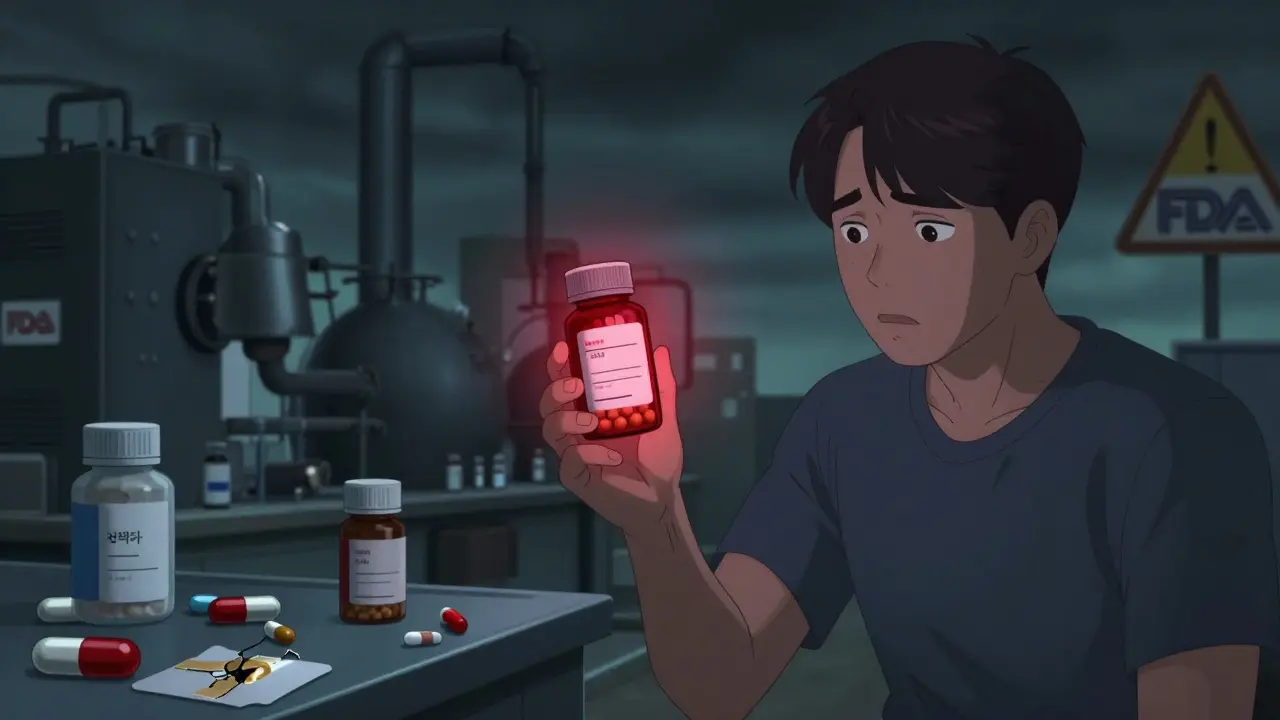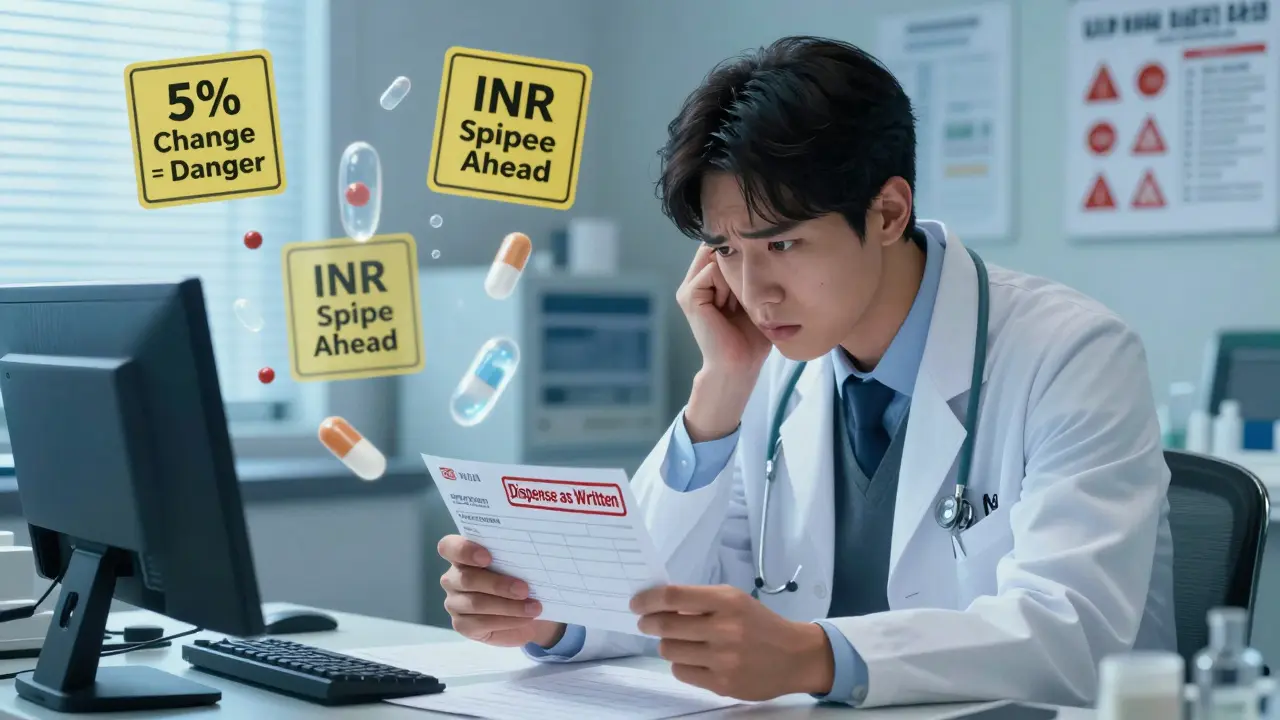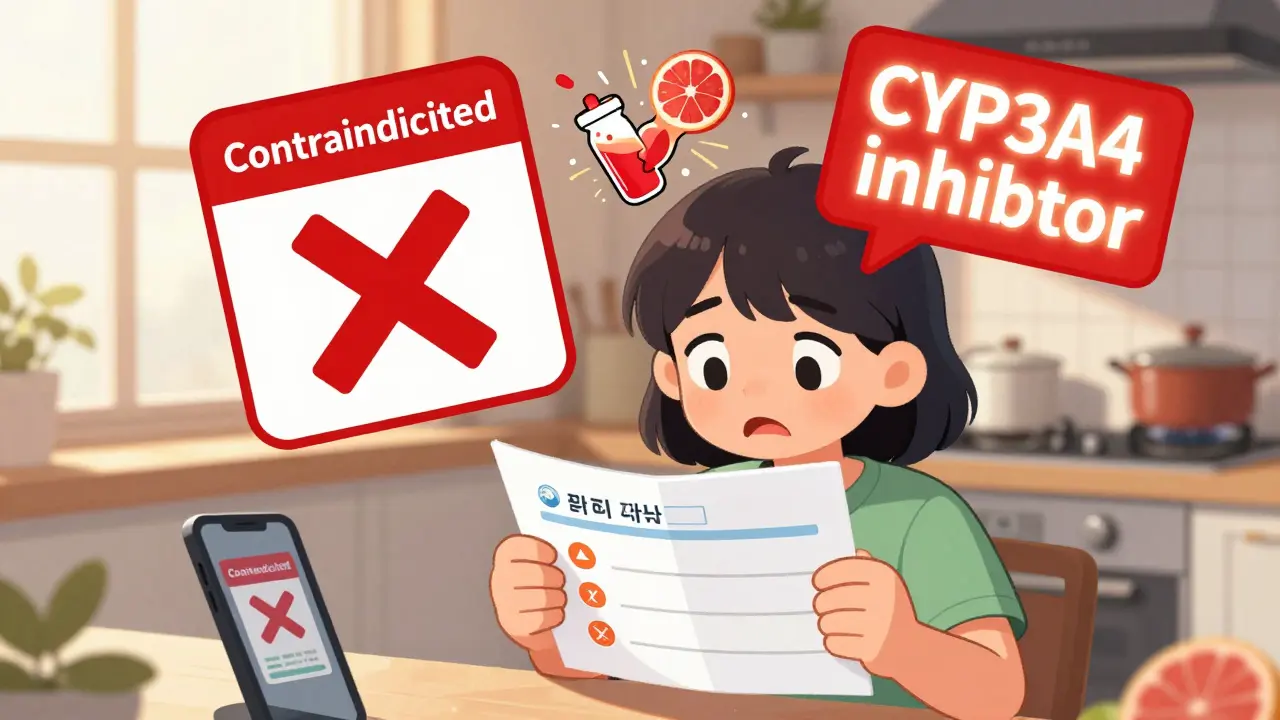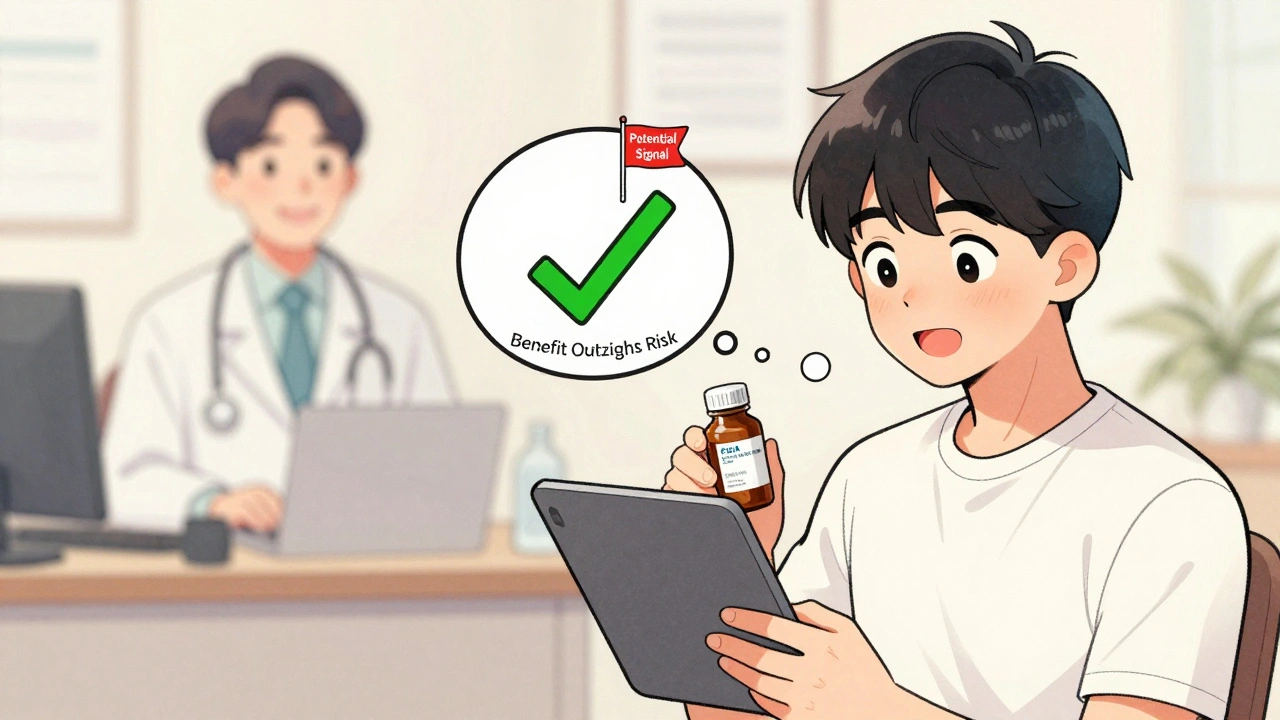Drug safety: Practical tips for buying, using, and storing medicines
Worried about buying meds online or mixing prescriptions with supplements? You’re not alone. Drug safety is about small habits that keep you out of trouble — verifying sellers, checking interactions, following doses, and handling side effects quickly. Below are clear, useful steps you can use right away.
Buying meds online — what to check
Look for a licensed pharmacy. Real online pharmacies show a license number, a physical address, and a way to contact a pharmacist. If a site sells prescription-only drugs without asking for a prescription, walk away. That’s a red flag.
Compare packaging and prices. If a medicine costs way less than other stores, ask why. Counterfeit pills are common in cheap offers. Check photos of the product, batch numbers, and expiry dates. If something looks off, refuse the order and report the seller.
Read reviews — but don’t trust only star ratings. Look for recent, detailed reviews mentioning delivery times, packaging, and whether the product matched the description. Use reputable telemedicine services when you need a prescription; they’ll create a record you can show if something goes wrong.
Using and storing medicines safely
Always follow the exact dose and schedule your prescriber gave. Skipping doses or doubling up usually causes harm. If you forget a pill, check the leaflet or ask a pharmacist — different drugs have different rules.
Check interactions every time you start a new drug or supplement. Use a reliable interaction checker or ask your pharmacist. Common antibiotics, blood pressure meds, and even herbal supplements can interact badly. Mention all medicines, vitamins, and supplements to your clinician.
Store meds where they stay dry and cool unless the label says otherwise. Some injections and biologics need refrigeration; others break down in sunlight. Keep all medicines in childproof places and throw out expired products. Don’t flush medicines unless local guidelines say to — many areas have take-back programs.
Know common side effects for your drugs. Mild nausea or drowsiness can be expected with many meds. But if you get a fast heartbeat, severe rash, swelling, trouble breathing, or confusion, seek urgent care. Save packaging and batch numbers if you need to report a bad reaction.
Be careful with supplements. Natural doesn’t mean harmless. Some supplements change how drugs are broken down by your liver or cause bleeding risks. Stick to brands you can verify, and tell your doctor about everything you take.
If you’re pregnant, breastfeeding, elderly, or have liver/kidney problems, ask a specialist before changing meds. Doses and drug choices can be very different for these groups.
Final quick checklist: verify the seller, keep prescriptions, check interactions, follow the dose, store correctly, and report problems fast. These steps keep medications working for you — not against you.
Generic Drug Recalls: Why They Happen and What to Do
Generic drug recalls happen more often than you think - usually due to manufacturing flaws overseas. Learn why they occur, how to check if your meds are affected, and what steps to take to stay safe.
Prescriber Attitudes Toward NTI Drugs and Substitution
Prescribers remain cautious about substituting generic versions of narrow therapeutic index (NTI) drugs due to safety concerns, despite FDA assurances. Real-world data, state laws, and clinical experience shape ongoing debates over substitution practices.
Medications Never to Put in Household Trash: A Safety List
Certain powerful medications like fentanyl and methadone must be flushed down the toilet-not thrown in the trash-to prevent deadly misuse. Here’s the full FDA flush list and safe disposal rules.
How to Read Interaction Warnings on Medication Guides
Learn how to read interaction warnings on medication guides to avoid dangerous drug combinations. Understand severity levels, hidden risks from OTC meds and supplements, and practical steps to stay safe.
How to Interpret Risk vs. Benefit in FDA Safety Announcements
Learn how to read FDA safety alerts without panic. Understand the difference between potential signals and confirmed risks, and how to weigh a drug’s benefits against its side effects for smarter health decisions.
Flunarizine interactions with other medications: A guide for patients
Well, folks, let's dive into the exciting world of Flunarizine interactions! A medication often used for migraines and vertigo, Flunarizine is as social as a prom queen at a high school reunion, mixing and mingling with other drugs in your system. It's like a cocktail party, but in your body! Now, this party can turn into a bummer if mixed with alcohol or antihypertensives, potentially causing dizziness or even fainting. So, as always, it's important to chat with your doctor about all the medications you're taking, to ensure the party in your system stays fun and safe!





